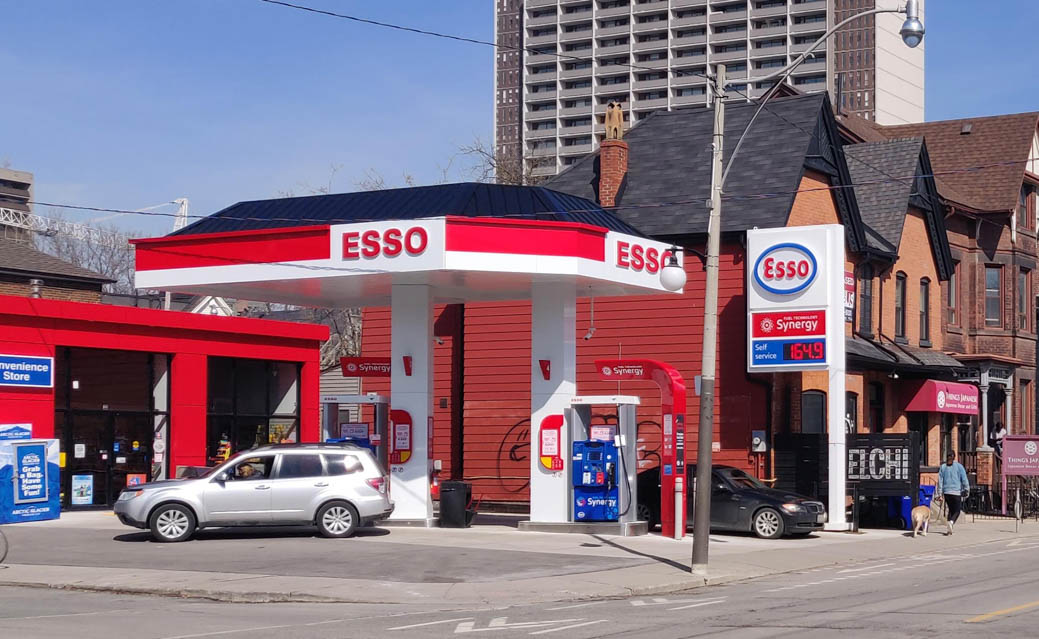Canadians witness a huge surge in gasoline prices
Oil analysts anticipating an economic slowdown after several countries experience an overwhelming increase in fuel costs.
Throughout the past month, gasoline prices in Canada and other countries are continuing to hit record levels. Due to the invasion of Ukraine, the U.S. has banned imports of Russian oil prompting a surge of gasoline prices. On March 10, Canadians witnessed an all-time high of $1.90 per litre.
With Russia being one of the world’s largest oil exporters, oil analysts are expecting the possibility of an economic slowdown. The increase of these prices has raised several concerns among Canadian drivers, where some are already looking toward bicycle options and others to public transit.
According to the Canadian Automobile Association, gas prices continued to increase during the first week of March and reached an average of 177.3 per litre nationally and 182.0 per litre in Toronto, Ontario. Last month, the average was about 154.5 per litre in Canada and around 157.2 per litre in Toronto.
However, other Canadian provinces have seen a much larger increase in gas prices. The average was 194.1 per litre in Montréal, Québec, and 207.6 per litre in Vancouver, British Columbia—the highest prices in the country. On March 14, prices started to drop, sitting at 177.7 per litre in Canada and 176.4 per litre in Toronto. Other nations, such as the U.S., are facing an elevation of $4 per gallon, or nearly $4 per 3.8 litres, and possibly more in the coming weeks.
Due to these numbers, Canadians are turning to other cost-effective methods to avoid paying for high fuel prices. Some public transit in Ontario has already seen a two per cent increase in ridership during the first week of March. Bicycle shops in Canada are also experiencing an early spring rush due to these staggering costs.
Uber and Uber Eats have also announced a temporary fuel surcharge, as the company continues to monitor gasoline prices. For a period of 60 days, there will be a surcharge of 50 cents on every ride and 35 cents on every Uber Eats delivery starting March 16.
Due to the sanctions against Russia, several businesses and the Canadian police are preparing for an increase in “gas-and-dash” thefts. Additionally, the Convenience Industry Council of Canada argues that provincial governments should do more to offset costs, as many businesses are still financially recovering from the Covid-19 pandemic.
Looking at the U.S., police departments in Ohio are relying on bike officers and foot patrol in some regions in order to reserve vehicle use for emergencies. Many departments are also reconsidering their budgets to focus on fuel efficiency practices.
The jump in prices is heavily affecting Canadians in several different ways. Taxi drivers are especially taking the hit, as their operating costs rely on gasoline prices. Some drivers are considering raising prices for their rides to combat this surge.
Due to the increase in fuel prices, several individuals across the globe are readjusting their lifestyles to reduce inessential costs. Though fuel is not regulated by federal bodies, communities are urging the government to support them in this time of financial stress.

